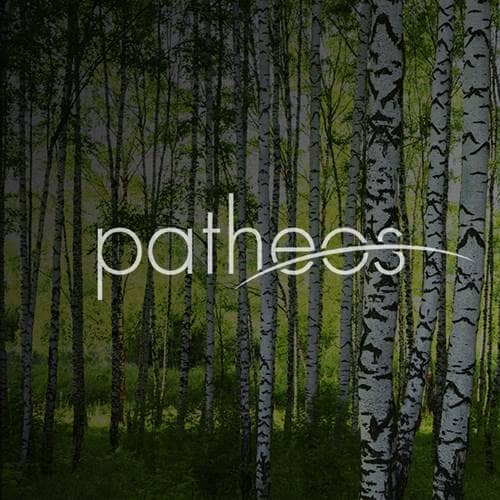- Trending:
- Pope Leo Xiv
- |
- Israel
- |
- Trump
- |
- Social Justice
- |
- Peace
- |
- Love

Quest
Director: Jonathan Olshefski
Run Time: 104 mins
Of the many lovely moments in Greta Gerwig's Lady Bird, the loveliest-or at any rate, the wisest-comes during a conversation between the film's protagonist, Christine, and a kindly nun at her parochial school. Nudging Christine gently toward a realization, the nun asks her, "Don't you think they're the same-love and attention?" It's an insight made even more startling by its simplicity, and it seems to be a guiding principle for many of the past year's finest films, from A Ghost Story to The Florida Project. It is certainly an animating force behind Jonathan Olshefski's Quest, a documentary that is content to observe its subjects over the course of nearly a decade, fostering with the audience a connection that comes only through dedicated consideration.
Quest takes its title from a name attached both to a makeshift recording studio and to the man who runs it: Christopher "Quest" Rainey, a proud resident of North Philadelphia. As both a family man and a pillar of his urban community, Rainey serves as a gateway to the rest of the film's subjects. There's his wife, Christine'a, a worker at a local shelter for abused women; their son, William, who faces the dual challenges of single fatherhood and early-onset brain cancer; and their daughter, P.J., who has the confidence and musical talent of a born performer. The Raineys' basement studio also hosts an array of local hip-hop artists, some of whom seem destined for greater things while others have more trouble overcoming the negative effects of street life.
With nine years of material to draw from, Olshefski is able to paint an absorbing portrait of the Raineys' life and community. If Quest doesn't quite achieve the astonishing scope of Steve James's Hoop Dreams, it's because Olshefski is more interested in probing at the contours of a decade of family life rather than diving deep into individual narratives. With her brashness and openness to the camera, P.J. emerges as a central figure of interest, which makes it all the more shocking when she loses an eye to a stray bullet from a shooting. But even with this engraved invitation to mold his documentary into something more conventionally dramatic, Olshefski maintains his observant restraint. Leave the tidy narratives to reality TV; Quest's modest, free-form approach reflects true reality more closely.
It also reflects a mindset very like to the one expressed by that nun in Lady Bird. Quest spares the Raineys the indignity of seeing their lives (paradoxically ordinary and extraordinary) condensed and contorted to suit a director's preference for hitting certain story beats. Rather, the film pays careful attention to the doldrums, sorrows, and festivities sprinkled unevenly through a decade of life, and it recreates those rhythms. This close attention is expressed on celluloid in images: affection given cinematic form. With its sensitive shots of the burn scars on a mother's arms or of a father helping his teenage daughter insert a prosthetic eye, Quest brings the audience in on that attentive affection. We, too, learn to love.











